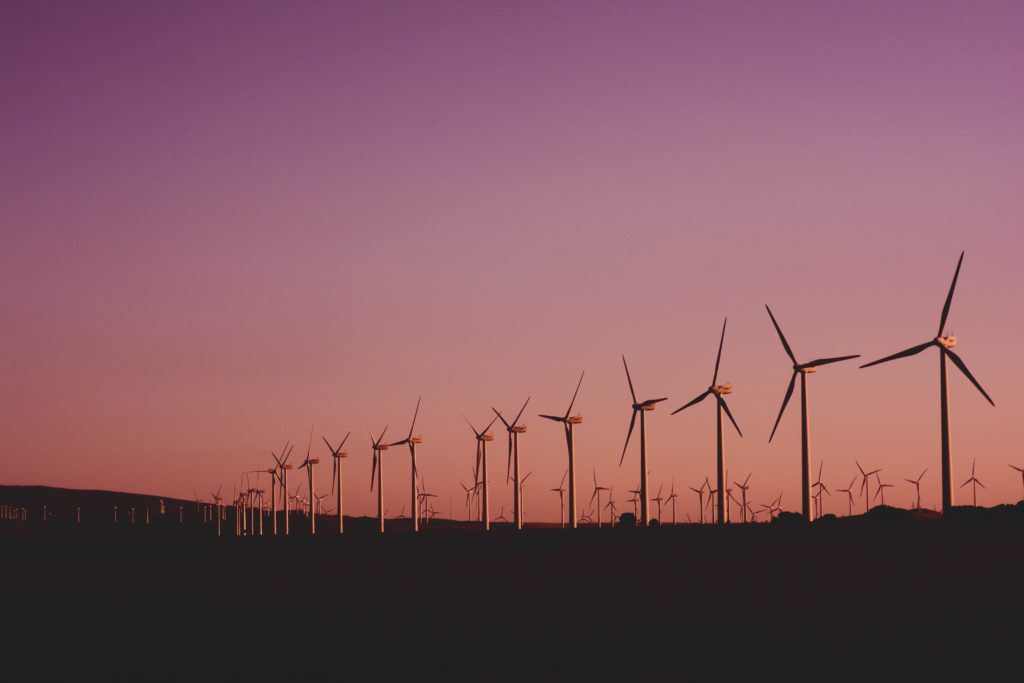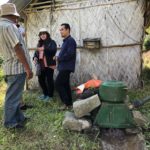In the 21st century, swift advances in renewable technologies are rendering coal and hydropower too expensive, too destructive and too dirty to pursue.
Wind and solar are now cost-competitive with (or cheaper than) fossil fuels and dams, and quicker to install. Advances in energy efficiency, smart technologies and electrification are only amplifying this trend.

There remain however deep, vested interests in the generation of energy that push old technologies. Despite the clear, growing global awareness of the unsustainable nature of fossil fuels and large dams, the legacy and embedded political interest in large, old fashioned, energy infrastructure remains a hard nut to crack. Power development plans need to be rethought, and renegotiated, adapting to new technologies, better management of demand, and delivering energy for all, while protecting the environment and our ecosystems.
For decades, politicians, private sector providers and energy planners simply sought to put more power into a country’s electrical grid, regardless of who it benefited or harmed, and with an eye for generating money from sale of power, often across borders. This model meant there were few incentives in developing policies that reduce demand or support more efficient supply. Destructive hydropower projects are often wrongly incentivized, and their impacts are too often under-reported or never properly studied or valued.
Our Work to Promote Sustainable Alternatives
International Rivers takes a different approach. We advocate for robust and consultative energy planning rather than a piecemeal, project-by-project approach, and we believe that integrated resource planning (IRP) is a key tool to chart a path forward.
Local communities need support navigating this landscape. Across the regions, we work with river communities to help them identify their energy needs and find ways to meet them without harming their lives, livelihoods, rivers or environment. We offer communities crucial information, exposing hydropower’s true costs, providing the latest research and education on alternatives and enabling knowledge-sharing across river basins and regions.
Learn More
- Futuro de la Energía en Perú: Estrategias Energéticas Sostenibles (2016)
- Greater Mekong Subregion Energy Investments: Concerns and Recommendations (2015) (Also available in Vietnamese, Thai, or Khmer)
Latest Updates
- PRESS RELEASE | Namibia at an Energy Crossroads: continue relying on climate-risky hydropower or harness its abundant and cost-effective renewables
 TMP Public electricity sector assessment demonstrates that solar and wind represent the least-cost pathway to meeting Namibia’s current and future energy demand FOR IMMEDIATE RELEASE July 18, 2023 Media contacts: … Read more
TMP Public electricity sector assessment demonstrates that solar and wind represent the least-cost pathway to meeting Namibia’s current and future energy demand FOR IMMEDIATE RELEASE July 18, 2023 Media contacts: … Read more - Guinea is at a crossroads in meeting its energy needs and respecting rights
 New study shows solar alternatives would cost less and outperform the proposed Koukoutamba Dam in Guinea by Josh Klemm & Ibrahima Kalil Bamba During a trip to Guinea last month, … Read more
New study shows solar alternatives would cost less and outperform the proposed Koukoutamba Dam in Guinea by Josh Klemm & Ibrahima Kalil Bamba During a trip to Guinea last month, … Read more - Sustainable Energy for all: making a case for community-scale micro-hydro as the solution
 By Nalori Chakma, South Asia Senior Programme Coordinator, Transboundary Rivers of South Asia The brief on Sustainable Energy for all: making a case for community-scale micro-hydro as the solution (2021) … Read more
By Nalori Chakma, South Asia Senior Programme Coordinator, Transboundary Rivers of South Asia The brief on Sustainable Energy for all: making a case for community-scale micro-hydro as the solution (2021) … Read more - Expert Interview: Dipti Vaghela Explains How Community-based Micro-Hydropower is a People Empowerment Energy Solution
 While our work at International Rivers focuses on fighting mega dams and destructive hydropower, we know that not all hydropower is the same nor bad for the environment. In fact, … Read more
While our work at International Rivers focuses on fighting mega dams and destructive hydropower, we know that not all hydropower is the same nor bad for the environment. In fact, … Read more
